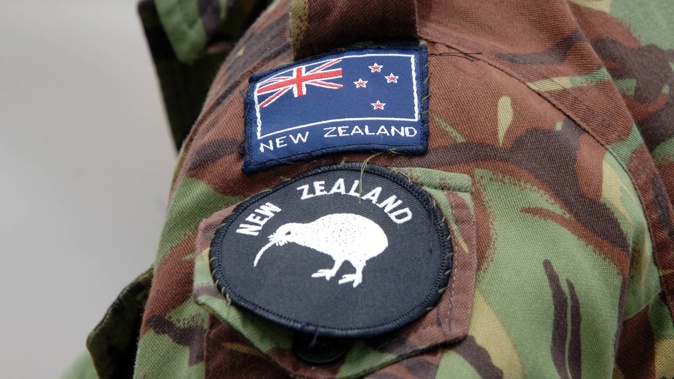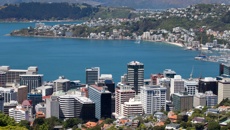
Last week the Government announced that New Zealand would deploy six New Zealand Defence Force personnel to the Middle East to help in operations against the Houthis in Yemen. They will provide “precision targeting” and intelligence-gathering information and will work alongside troops from the US, the UK, Australia, Netherlands, Canada and Bahrain.
Major opposition parties criticised this deployment: Labour and the Greens fear that it will inflame tensions in the region. One respected commentator on international affairs has wondered whether this deployment, small though it is, marks the “beginning of the end for New Zealand’s independent foreign policy”.
Hopefully, this marks the beginning of the end of our use of the phrase “independent foreign policy”. It has become a shibboleth, adding little that’s substantive to the foreign policy debate. Indeed, the phrase’s use has become more confusing than clarifying: what do we mean by it?
Are we implying that our foreign policy is made in Wellington and not dictated by someone else (read the US)? If so, then the phrase is merely stating what’s obvious. Our leaders make our foreign policy decisions. Sometimes, these are contrary to the US’s wishes (like staying out of Iraq or not voting at the UN in support of Israel), and sometimes, these are in line with the US’s wishes (like the Yemen operation).
An independent foreign policy doesn’t mean doing the opposite of what our allies want. But often, it seems as if “independent foreign policy” is used to precisely mean this. So, if that’s what we mean, then let’s be accurate: it’s an “anti-American foreign policy”.
Alternatively, if we mean “free from constraint” when we say “independent”, then the phrase is untrue. All of us are restrained by reality. And our foreign policymakers might be more tightly bound than most.
We're a small island nation at the bottom of the world, which heavily relies on seaborne trade.
With the exception of Australia, our markets are a long way away. We have little military force to speak of and are haemorrhaging what little we do have. (When announcing the deployment in Yemen, Defence Minister Judith Collins conceded that it is currently difficult to provide more than six troops.)
We, therefore, rely on others (read the US) to protect the safe passage of ships carrying our goods and imports across the sea lanes.
A disruption to the sea lanes in one part of the world affects everywhere else. The Red Sea attacks will have ripple effects for a long time to come.
At a time when the rules-based consensus of the last few decades is eroding, it’s salutary to recall that we have more in common (and more interests in common) with our traditional friends and partners.
Such factors constrain the choices that we can make in foreign affairs. These choices might be made in New Zealand, but they're not made in a vacuum. Sending troops to the Middle East will not change that.
But hopefully, it will end our use of a trite, confusing phrase.
Take your Radio, Podcasts and Music with you









